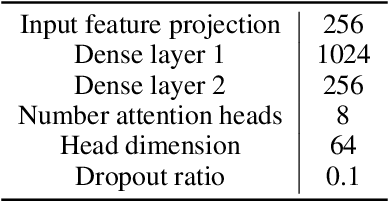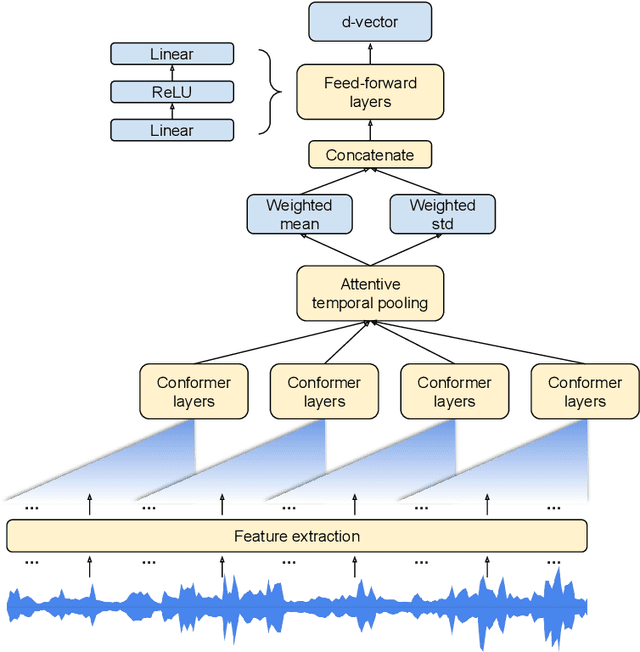Highly Efficient Real-Time Streaming and Fully On-Device Speaker Diarization with Multi-Stage Clustering
Paper and Code
Oct 25, 2022



While recent research advances in speaker diarization mostly focus on improving the quality of diarization results, there is also an increasing interest in improving the efficiency of diarization systems. In this paper, we propose a multi-stage clustering strategy, that uses different clustering algorithms for input of different lengths. Specifically, a fallback clusterer is used to handle short-form inputs; a main clusterer is used to handle medium-length inputs; and a pre-clusterer is used to compress long-form inputs before they are processed by the main clusterer. Both the main clusterer and the pre-clusterer can be configured with an upper bound of the computational complexity to adapt to devices with different constraints. This multi-stage clustering strategy is critical for streaming on-device speaker diarization systems, where the budgets of CPU, memory and battery are tight.
 Add to Chrome
Add to Chrome Add to Firefox
Add to Firefox Add to Edge
Add to Edge